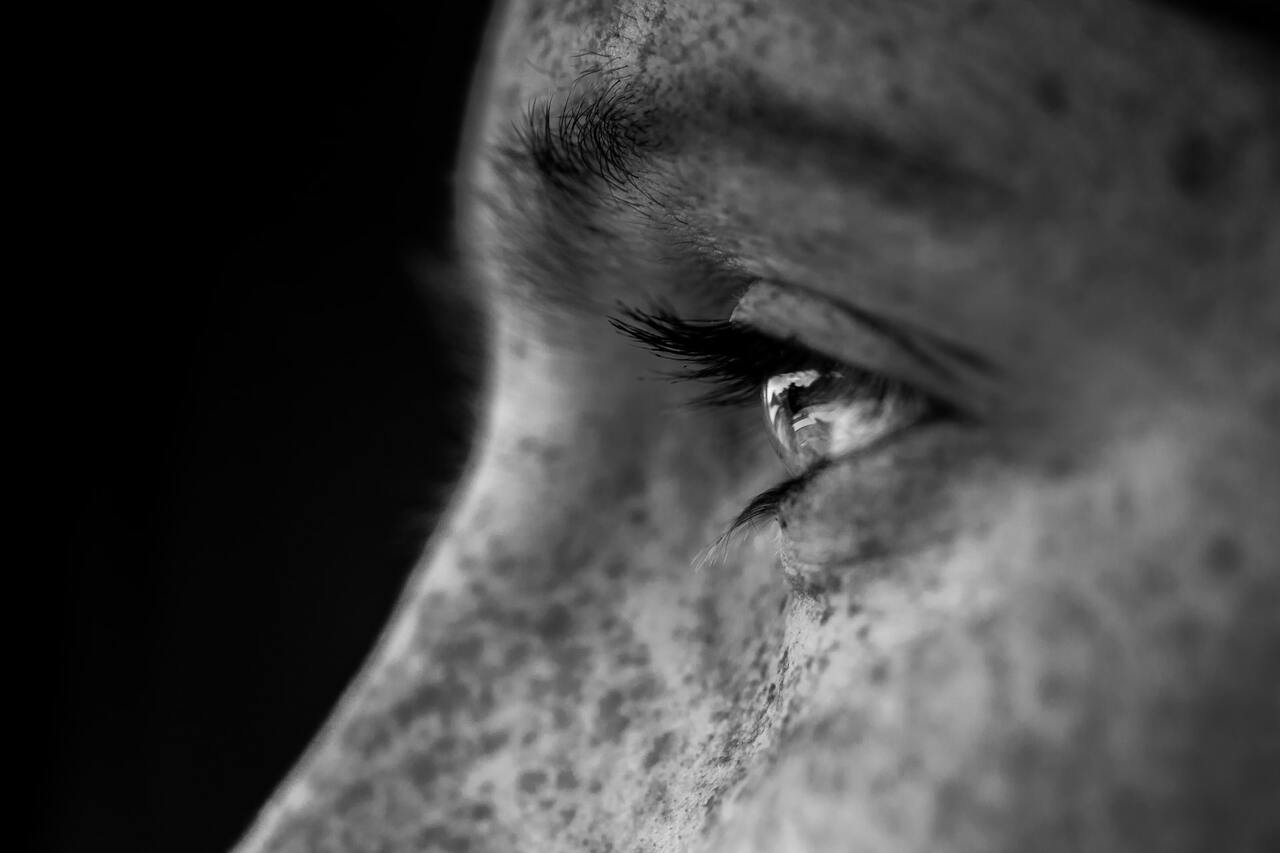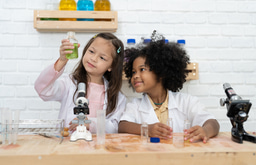Travelling Inwards: Wellbeing agency as a shifting priority for pandemic-impacted young researchers

"I hate judgments that only crush and do not transform."
Elias Canetti
As a team member of the Global Young Academy’s (GYA) ‘Sasha Kagansky’ Interdisciplinary Grant Award 2021/22 research project The COVID-19 pandemic and the personal experiences of global young researchers, as well as an Executive Committee Member of the GYA, I consider that there is a growing need to further explore a thriving ecosystem of analyses about the (post?)pandemic — young researchers’ wellbeing nexus. Indeed, young scholars worldwide are reclaiming the stage to encourage a moment of reflection, as well as new ways of confronting their shared precarity and their volatile positions. The meeting point of all these calls for action is, very significantly, an appeal to own their wellbeing agency.
Against this backdrop, the research project COVID-19 pandemic and the personal experiences of global young researchers aims to document the struggles of young researchers throughout the COVID-19 pandemic, as well as their resilient ways to move forward together as a global research community. The project addresses this pressing issue by conducting interviews and publishing the testimonies of young international scholars, highlighting common challenges and dialogued proposals.
In addition, this research project also aspires to shed light on our own very human vulnerabilities as a compelling force able to bring together intimate angles of research and creativity as an added value, as opposed to demeaning understandings of metrics and productivity. In sum, it wishes to recapture the empowering character of cross-disciplinary collaboration beyond the borders of the pandemic isolation and fragmentation.
A similar outlook is expressed in co-existing projects with converging aims, such as the ReMO COST Action, which addresses complex issues of wellbeing and mental health within academia in order to develop tailored prevention and action programs for young scholars. Young researchers’ activism has also been re-ignited at this time. For instance, the Marie Curie Alumni Association (MCAA), with the support of some Members of the European Parliament, backed a significant claim for the European Commission to decisively address the impact of COVID-19 and budget cuts on the next generation of EU researchers, starting from fully funded project extensions that eventually never came to happen.
Such approaches also mirror the International Science Council (ISC) analysis on this matter regarding “the two psychologies of the pandemic: from ‘fragile rationality’ to ‘collective resilience'". A harder examination of this topic can be found in the Yale University’s research on the pandemic’s toll on mental health, which equates these effects to those of post-traumatic stress disorder (PTSD), while emphasizing “how pre-existing and concurrent stressors may disproportionately affect women more than men”. Some scholars have even talked about a lost generation of early career researchers (ECR) during the pandemic. On the mental health policy-making front, there has also been a commitment by researchers at the University of Oxford to draw specific guidelines, including strengthening the provision of early interventions and greater support at times of transition.
Also, the creation of archives from consortia of curators from across the world, following the format of ‘letters to the future’ is also proliferating as a way to document these impacts. One example of such archive is the Journal of the Plague Year: A Covid-19 Archive collects stories to document the pandemic & its impact. This general approach is complemented by more specific projects, centered on understanding the pandemic from the perspective of migrants around the world, as it is the case with the Covid-19 Chronicles initiative or the Stay at Home Stories, recounting the experiences of home during the COVID-19 pandemic.
From a Life Sciences perspective, it is fundamental to refer to the work of Jan O. Korbel and Oliver Stegle on the Effects of the COVID-19 pandemic on life scientists. Indeed, they highlight how “the global COVID-19 health crisis rapidly impacted the life science landscape, including all patterns of work. Some life scientists felt essentially “stuck,” unable to carry out experiments because of COVID-19-related working restrictions”. They also show concern about the fact that this overwhelming atmosphere instilled “a frightening feeling, especially for young life scientists, who usually have short-term contracts and may worry about their future careers”. Plus, even if we could also observe a growing trend regarding the sharing of research data related to the fight against COVID-19 using innovative tools such as the European Open Science Cloud, it is important to keep in mind that “science today is international, globally connected, and increasingly collaborative” and, in that sense, the new global mobility barriers created by the pandemic remain asymmetric and highly insurmountable.
From a Social Sciences and Humanities perspective, we also find contributions focused on examining the effects of these new times when “working from home and a constant stream of video conferences became the norm instead of informal chats on departmental corridors”. A chief example is the University of Cambridge’s publication on Central European History in the Age of COVID-19, which addresses radical shifts from assumed to vital challenges: “As if all of this were not bad enough, positions for junior academics, already scarce in the wake of the general financial crisis and the rise of the neoliberal university, were cut. Travel funding was slashed by many universities, and most countries closed their borders. Libraries were closed or could only be accessed with considerable difficulty. Archives were shut or, if they reopened, operated long waiting lists. In situ research, essential for historians of central Europe, became difficult, if not impossible.”
Conversely, other perspectives stress how some highly skilled researchers have valued “the privilege of staying home”, as well as how “remote working during the pandemic allowed once-mobile skilled workers to choose immobility, with possible long-term impacts on future work and migration patterns”.
In addition, the focal point on researchers as agents owning their wellbeing meaning and directions is shared by dedicated projects and publications such as the Young Academy of the Netherlands’ report The impact of the COVID-19 pandemic first lockdown period on the work and well-being of academics and commentaries considering 2021 as "the year in which the mental health taboo was broken".
What becomes clear within this mindset is that wellbeing in research and academia is not any more a matter of negotiation, but a responsibility about how to learn to draw enhancing boundaries, thus stating new forms of balance between socially meaningful projects and fulfilling livelihoods.
In conclusion, mapping a new wellbeing-focused global research ecosystem entails an invitation to rediscover our own vulnerability as a source of creativity. This will require retaking the public arena by all possible (hybrid) means, while responding to a collective need for healthy boundaries and for fortifying forms of cooperation for young scholars. In short, taking our wellbeing agency back implies mutual acknowledgements of fragility and an empowering capacity to generate a different, more thoughtful future to grow together through dialogue.
All in all, what the GYA’s research project The COVID-19 pandemic and the personal experiences of global young researchers can offer in this regard adds up to a new confident capacity of redefining purposes and rhythms, acknowledging our own fragility but also using that vulnerability as a motor for mutual empowerment.
This piece is an outcome of the NAVSCHEN project, which has received funding from the EU’s H-2020 research and innovation program under the Marie Skłodowska-Curie grant agreement 841201.
References
- Global Young Academy’s (GYA) ‘Sasha Kagansky’ Interdisciplinary Grant Award 2021/22 research project ‘The COVID-19 pandemic and the personal experiences of global young researchers’.
- ReMO COST Action CA19117: ‘Researcher Mental Health’.
- Lem, P., MEPs join push for paid extensions to Marie Curie projects, Research Professional News, 02 November 2020.
- Stojanov, T., Press release: ‘Impact of COVID-19 and budget cuts on the next generation of EU researchers’, MCAA News, 02 October, 2020.
- Manzano Marín, A., ‘Early career researchers’ prospects during COVID-19: Costed extensions denied to MSCA researchers amid a discourse of support from the EU’, Euro-Scientist, 28 May 2020.
- Zubașcu, F., ‘Marie Curie researchers ‘betrayed’ by commission’s refusal to extend costs’, Science Business, 25 August 2020.
- International Science Council (ISC), ‘The two psychologies of the pandemic: from ‘fragile rationality’ to ‘collective resilience’, 29 April 2021.
- Mazure, C.M., ‘COVID-19 and PTSD: Assessing the Pandemic’s Toll on Mental Health’, Women’s Health Research at Yale, 2 January 2022.
- Nicholas, D, ‘A lost generation? Early career researchers and the pandemic’, LSE Impact Blog, 14 December 2021.
- University of Oxford, ‘Researchers set out steps to address mental health effects of the pandemic on young people’, 8 October 2021.
- Journal of the Plague Year: A Covid-19 Archive collects stories to document the pandemic & its impact.
- The ‘Covid-19 Chronicles’.
- Stay at Home Stories.
- Korbel, J.O., Stegle, O., ‘Effects of the COVID-19 pandemic on life scientists’, Genome Biology, 21:113, 2020.
- Goeschel, C., Reill, D., Riall, L., ‘Central European History in the Age of COVID-19’, Central European History, Cambridge University Press, 31 December 2021.
- Weinar, A., ‘The privilege of staying home: COVID and the highly skilled workforce’, Open Democracy, 21 December 2021.
- De Jonge Akademie, ‘The impact of the COVID-19 pandemic first lockdown period on the work and well-being of academics’, 30 November 2021.
- Pinilla, M., ‘2021: El año en el que que rompimos con el tabú de la salud mental’, Ethic, 28 January 2022.
Photo by Christopher Burns on Unsplash





Join the FEBS Network today
Joining the FEBS Network’s molecular life sciences community enables you to access special content on the site, present your profile, 'follow' contributors, 'comment' on and 'like' content, post your own content, and set up a tailored email digest for updates.